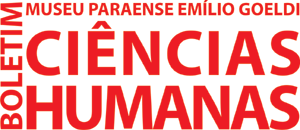Abstract
This conceptual ethnographic review examines wrestling practices in the Upper Xingu known as kindene that end post-funeral rituals to honor chiefs (egitsü). Organized according to an intricate system of invitations, exchanges, and formalities, in kindene the interethnic cycle of egitsü contains intense interactions between the peoples in this region. Relationships between owners, allies, and guests rooted in the kinship of the chiefs with the honored deceased determine the composition of the host teams and their opponents, resulting in a scenario of ‘mixture’ and differentiation. The dynamics of the fights separate the presentation of champions (who may potentially replace the current chiefs) from the ordinary fighters; this separation, a reflection of the production of bodies and differentiated seclusion in the families of these leaders, ensures visibility for the champions in part of a dialectical process between the public exhibition of performances and domestic confinement to produce people. This article does not analyze kindene as an epiphenomenon of the ritual (to ‘cool tensions’ or serve as an ‘escape valve’ for intra- and interethnic conflicts, notions that have guided previous work on this topic), but rather as a way to construct chieftaincy through biographies, local and regional political disputes, historical rivalries spanning generations, and transformations that have consolidated the Upper Xingu regional system.
Keywords
Fighting games; Interethnic rituals; Body and person; Chieftaincy; Upper Xingu
